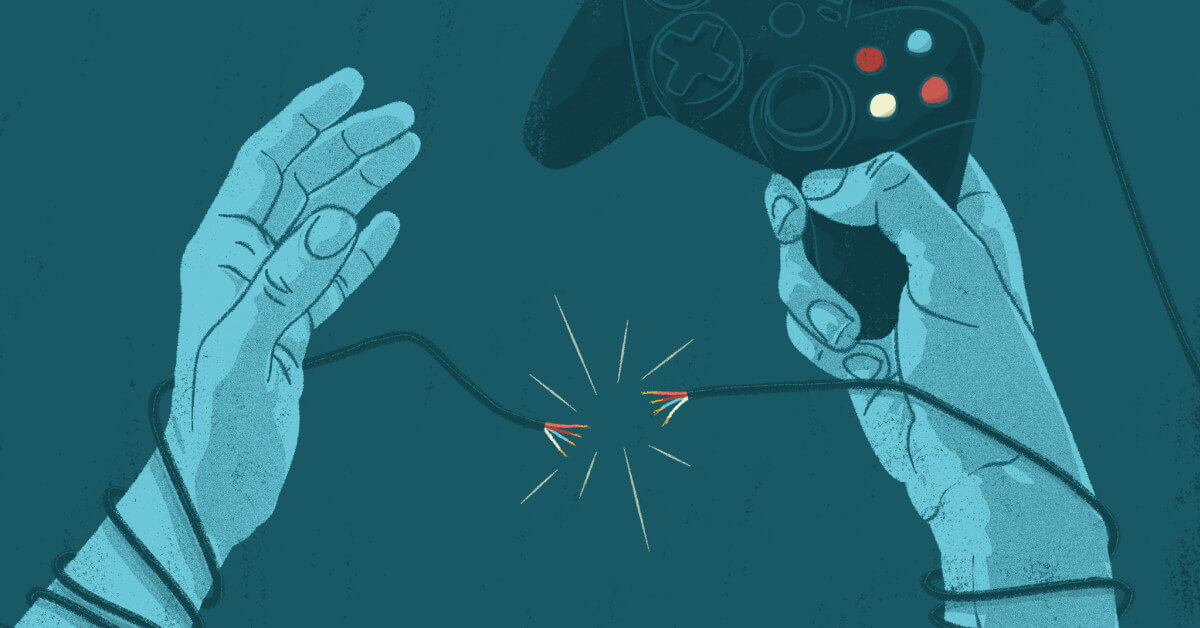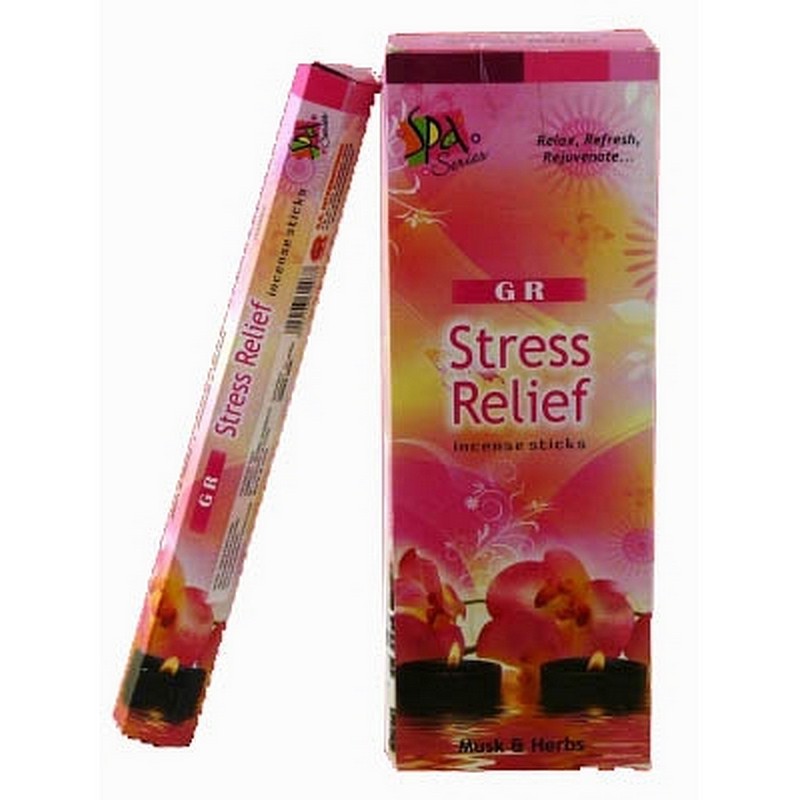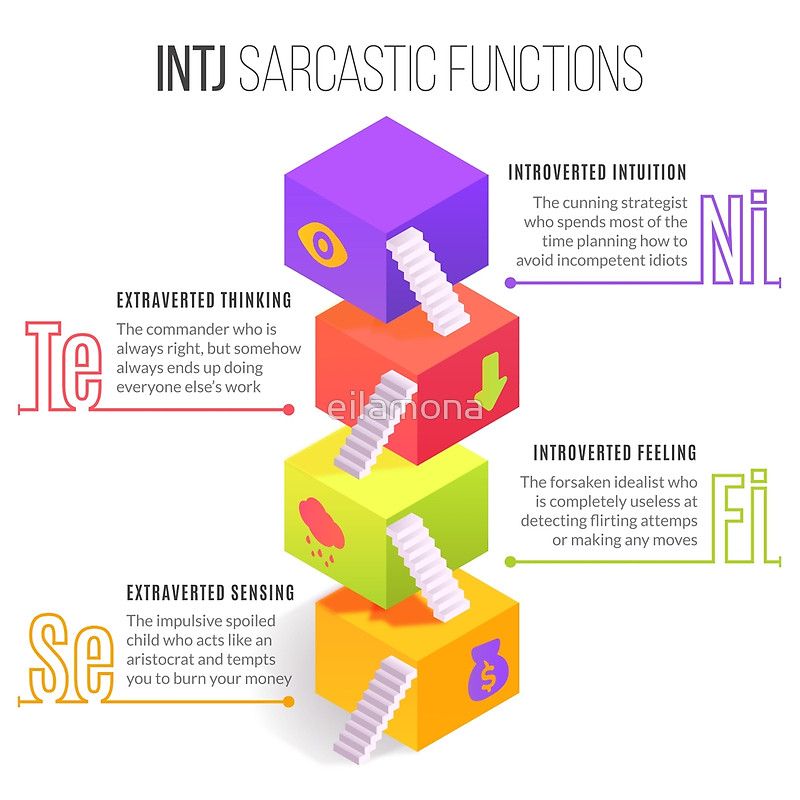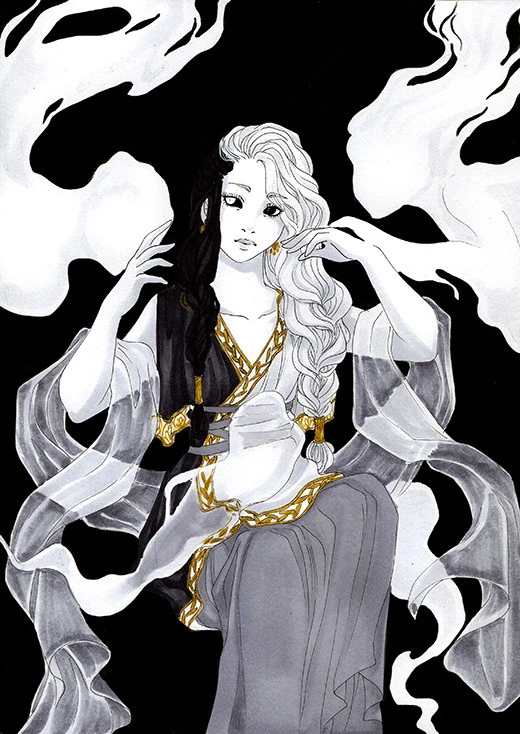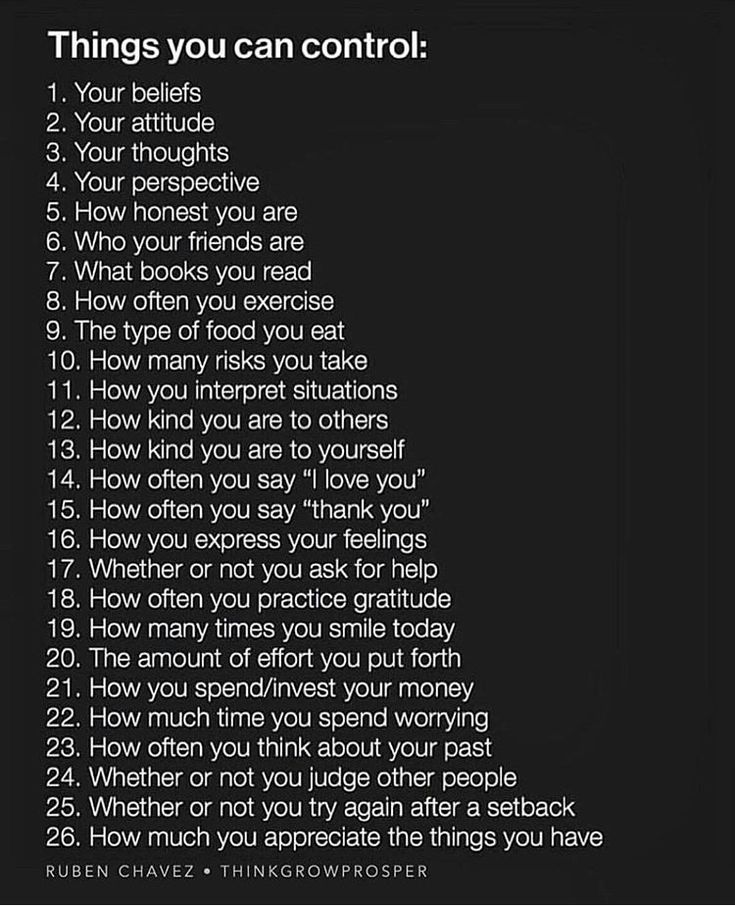Video gaming and depression
Video Games and Mental Health: Risk Factors and Benefits
Turning on your gaming console at the end of a long day may feel like stress relief, but can video games also cause depression?
When people think of the consequences of video games, they often think specifically of video game violence. Is it affecting children? And if so, what’s too much?
In truth, the world of video games is vast. Violent games make up a small portion of what’s available. Puzzle, adventure, survival, and exploration games all have large followings.
Whatyou play may not be as important as how intensely you play. But can playing video games really cause depression?
Video games can impact your mental health in both positive and negative ways.
When you pick up that controller or log into your gaming system, game selection is just a small factor in the overall gaming experience.
Your current mindset, how long or intensely you play, and why you play are all factors contributing to how a video game affects you.
According to a 2019 survey of people who play video games, approximately 80% responded that gaming provides them with mental stimulation, relaxation, and stress relief.
Gaming and the brain
Excessive gaming, also referred to as problematic gaming, is commonly associated with adverse mental health outcomes.
It’s a level of gaming characterized by an abundance of time spent in-game, often at the expense of other basic life necessities, like eating, sleeping, or using the bathroom.
One systematic review from 2017 links excessive gaming to psychological conditions such as depression, anxiety, and obsessive-compulsive disorder (OCD), particularly in young adults and adults.
But it’s important to note that a link doesn’t necessarily mean gaming causes these things.
People living with certain mental health conditions may also gravitate toward introverted activities like gaming.
And there’s evidence that playing video games can be good for you.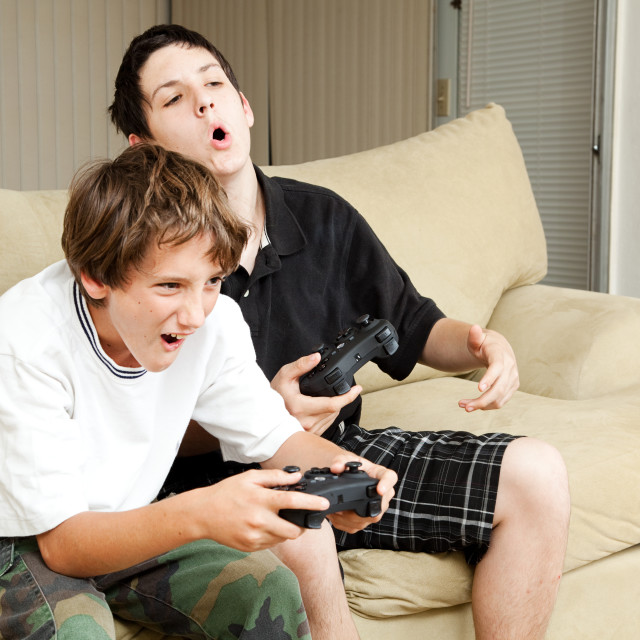
In another 2017 systematic review on gaming and the brain, findings suggested that playing video games creates several functional and structural changes in the brain, including alterations to neural reward pathways and heightened visuospatial thinking.
Research hasn’t established a direct cause-and-effect relationship between gaming and depression, but gaming and depression can overlap.
Internet gaming disorder
Internet gaming disorder (IGD) is a diagnosis included in the Diagnostic and Statistical Manual of Mental Disorders, 5th edition, text revision (DSM-5-TR).
Though it’s a recognized mental health condition, the inclusion of IGD in the DSM-5-TR is still heavily debated, as some experts believe that it’s a condition with features similar to addictive disorders.
As in other substance use conditions, gaming in IGD may trigger your brain’s reward system, creating a cycle of addictive behaviors.
IGD also often occurs with depression, hostility, and social anxiety.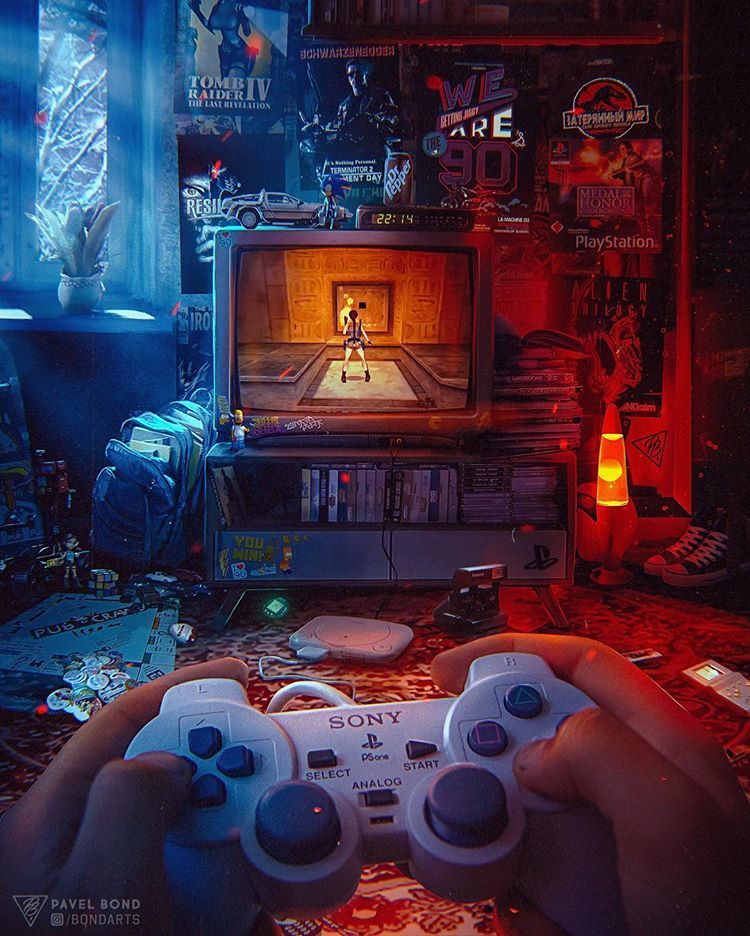
Escapism
The use of virtual worlds to escape is aptly called escapism, which has links to both positive and negative psychological outcomes.
Like many things, too much escapism can become problematic. Data from a 2021 meta-analysis suggested that excessive escapism can lead to depression and addictive gaming behaviors.
Social dependency
One 2021 study involving a sample of 457 Chinese players from a massively multiplayer online (MMO) game suggested that playing with a social network online can fulfill a human need for support and affiliation.
It can build lasting relationships and fill social gaps that may exist in the offline world.
But social belonging can become problematic when a game provides a sense of fulfillment that encourages excessive gaming, or IGD, which may have links to depression.
Negative social engagement
Not all online interactions are supportive. Some gaming environments may subject you to more open negativity and confrontation than others.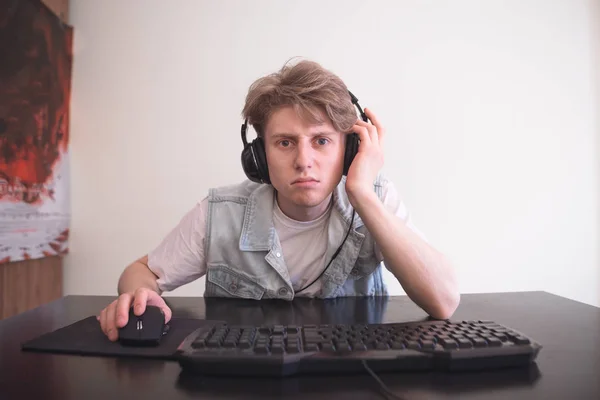
There may also be pressure to perform within a team dynamic. Failure to meet your expectations — or those of your teammates — can create the same negative feelings as letting someone down in the offline world.
Excessive screen time
There’s also evidence that too much screen time can profoundly impact your mental health.
A 2017 report on two national surveys of U.S. teens suggested that the more time teenagers spend looking at electronic devices, the more likely they are to experience depression or suicidal ideation.
While “screen time” can involve television and smartphone use, it also applies to the world of video gaming.
Gaming isn’t all gore and conflict, but even when it contains those elements, you may still benefit from gaming time.
Depression and anxiety relief
Casual gaming, which involves playing in short bursts of time, may have the opposite effect of excessive gaming and help with depression and anxiety.
According to a 2020 systematic review, easy-to-use, casual video games offer a fun mood boost that can be beneficial for mental health, particularly in relation to anxiety, depression, and low mood.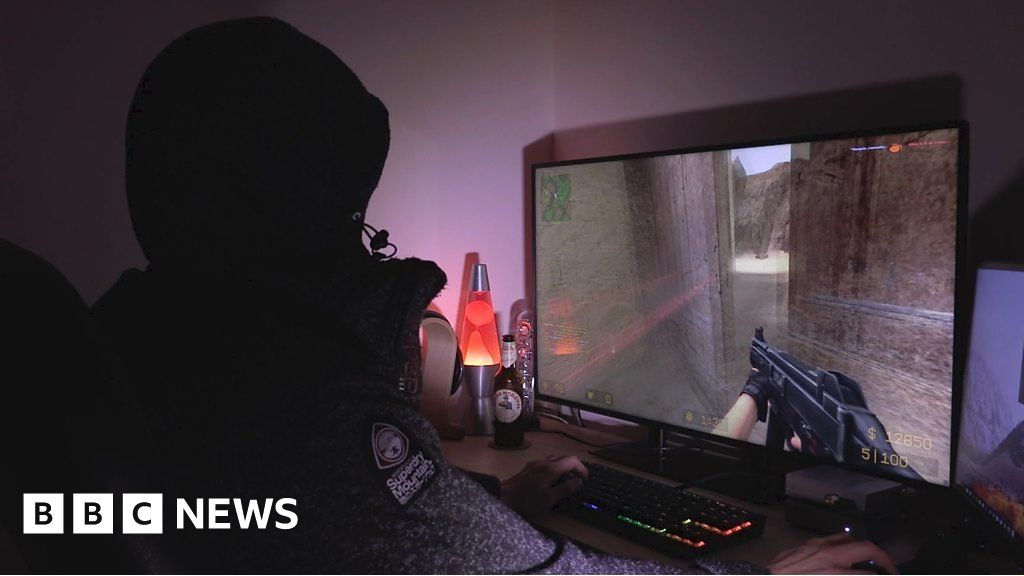
Improved self-esteem
A review of studies from 2021 links 10 and 90 minutes of activity-based video gaming per day to positive mental health, improved self-esteem, increased energy expenditure, and improved physical activity.
Brain training
Findings from a 2018 systematic review suggested that playing action and puzzle videos games may help train your brain in emotional skills and areas of cognition, such as:
- reaction time
- task-switching
- multitasking
- mental spatial rotation
The following tips can help you safeguard your mental health while continuing to enjoy your favorite hobby:
- getting plenty of quality sleep
- taking regular breaks
- not neglecting basic needs, like eating
- keeping online interactions positive
- offering consideration when loved ones express concern about time spent gaming
- participating in other non-gaming activities you enjoy
- cultivating additional stress-relief strategies, like exercise or meditation
- assessing how you feel during and when you’re not playing video games
- staying social with offline family and friends
- setting alarms for scheduled offline time
- journaling
- limiting electronic screen time
If gaming interferes with your relationships or impairs your daily function, speaking with a mental health professional may be helpful.
In addition to exploring internet gaming addiction and the impact games have on your life, a professional can help you manage symptoms of depression and other mental health disorders.
Video games are a gratifying source of entertainment for many people. Gaming is an interactive experience that can positively and negatively affect mental health.
While there’s no direct cause-and-effect relationship between video games and depression, research does support an association.
How long you play games, who you play with, and why you reach for games are all factors that can influence the role gaming has on your mental health.
Do Video Games Cause Depression?
Video games and depression are two widely debated topics amongst academics, parents, and the media. The debate consists of a question: do video games cause depression? Or is gaming disorder a consequence of depression?
The Chicken and Egg Problem
When we’re trying to understand the relationship between disordered gaming and depression, one of the most important things we consider with problem gamers is the following:
Did the gaming disorder come first, or did you have depression before developing the gaming disorder?
Depression is a common comorbidity with problem gamers. When two disorders are comorbid, it means they are more than just a co-occurrence – instead, they interact and affect each other.
When two disorders are comorbid, it means they are more than just a co-occurrence – instead, they interact and affect each other.
The most common comorbidities that occur with problem gaming include:
- Anxiety (up to 92% of problem gamers have it)
- Depression (89%)
- ADHD (85%)
- Social anxiety (75%)
- OCD symptoms (75%)
As you can see, anxiety, depression, and ADHD are the most common comorbidities of video game addiction.
Many gamers that we interact with at Game Quitters report that they turn to gaming because they’re depressed, but this can make their depression worse as well. In addition, excessive gaming creates an environment where individuals are often isolated in the physical world, such as in their room a lot; they may have withdrawn from friends and family, and often, exercise is sparse. This environment and lifestyle can lead to feelings of depression.
From our experience, each case of gaming disorder is different; some problem gamers might not suffer from depression at all, while others turn to video games to alleviate their symptoms of depression.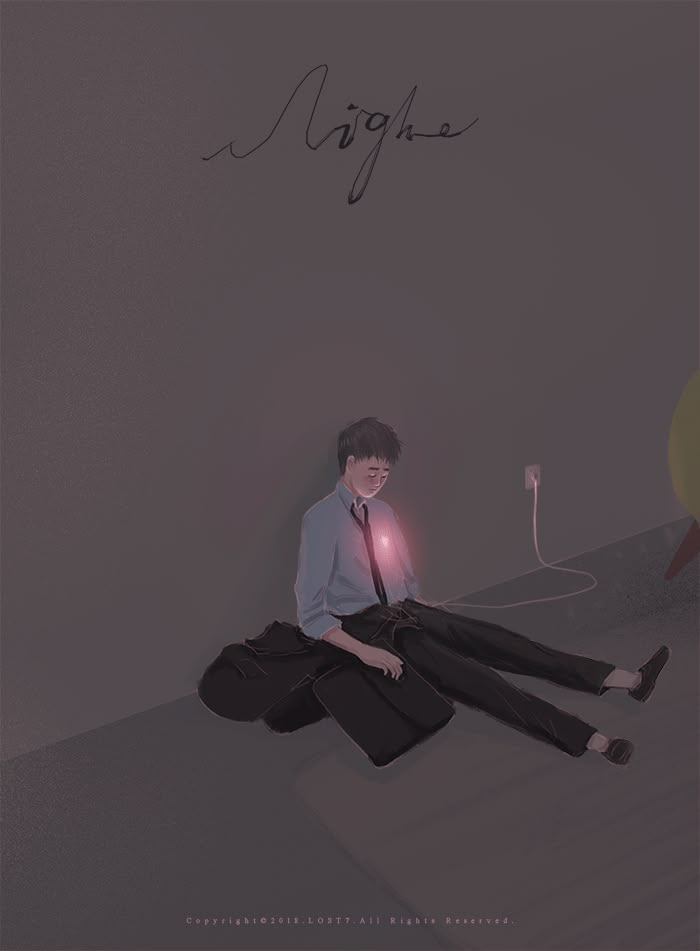 On the other hand, many gamers develop depression because of their unhealthy gaming habits.
On the other hand, many gamers develop depression because of their unhealthy gaming habits.
Do Video Games Cause Depression?
Currently, there are not many studies that confirm that video games cause depression directly. Most studies so far, however, show us that excessive gaming can lead to depression.
You need to know that not all video games and gaming will lead to depression. For example, suppose you play video games sporadically for an hour a day or so. Still, you have other activities in your life that fulfill you, and you have an overall stable life (a safe job, healthy relationships, and hobbies). In that case, video games will probably not cause depression.
The problem with gaming, however, is that it can be addictive.
If you suffer from gaming addiction, you get stuck in a vicious cycle of gaming too much and not having time for other activities and friends. As a result, you start to neglect school or work, and your relationships begin to suffer.
The result of this is the deterioration of your quality of life, which leads to depression. And once you’re stuck in this cycle, it’s can be hard to break out of it.
It’s important to know that if you are struggling with a gaming problem and experiencing depression, you should focus on resolving both aspects of your life. Implement strategies to reduce your excessive gaming while also addressing the underlying reasons for your depression.
Do Video Games Alleviate Depression?
Many gamers turn to playing video games because they feel stressed or depressed. They use games as a form of escapism to forget about their everyday problems and life struggles.
In moderation, this can be helpful, and video games can provide a means of relaxation or temporary escape. But it’s important to proceed with caution because although games can give temporary relief, they won’t solve the issues. And often, create new ones.
At first, you’ll feel immediate relief and pleasure.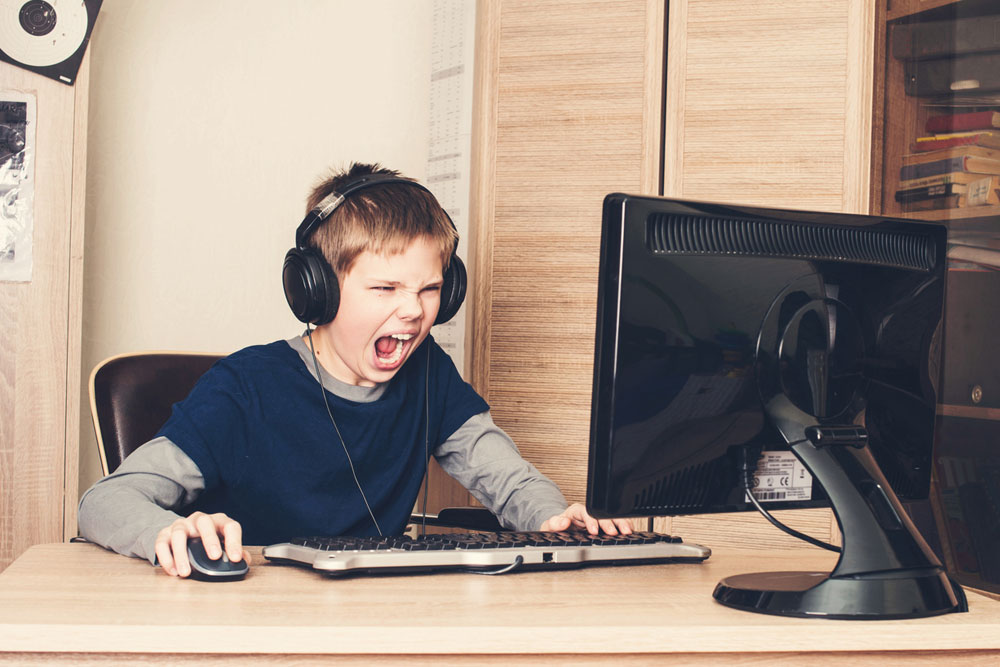 Then, you’ll release tons of dopamine, which will make you crave games more and more. The next time you face a difficult period in your life, you’ll turn to games again, and before you know it, you’ll be addicted to video games.
Then, you’ll release tons of dopamine, which will make you crave games more and more. The next time you face a difficult period in your life, you’ll turn to games again, and before you know it, you’ll be addicted to video games.
If you turn to video games instead of addressing your real-life problems, you become more and more isolated. As a result, you start to lose friends, your school or job performance starts to suffer, and inevitably, your depression starts to get worse, not better.
This is also what many recent studies confirm:
- Adams et al. (2019) show us that addictive behaviors generally provide us with immediate relief but are harmful in the long term. When people turn to addictive behaviors to treat anxiety or depression, the treatment becomes maladaptive (harmful) instead.
- Abbas 2020 examines gaming disorder and depression. The study found that gaming disorder and depression co-occurred in 526 participants of the study. It also found that most of these gamers used video games to alleviate depression, making depression even worse.

- Ko et al. (2012) were one of the earliest studies to study the links between depression and gaming. It found that playing video games excessively was often linked with other mental health problems such as depression, and the evidence showed that gaming made the symptoms worse.
If you play games to escape from the world, then you need to be cautious. You can get addicted to video games very easily, and once that happens, you will find it hard to come out of this vicious cycle.
How Do You Define Depression?
Before you decide what to do next, you must understand whether you’re depressed or just sad.
It’s normal to feel down or sad from time to time. But depression is a more prolonged feeling of sadness or depressed feelings that causes you to lose interest in activities that you once loved. It can also cause you to turn to addictive behaviors such as gaming.
Other common symptoms of depression include:
- Changes in appetite
- Mood swings
- Trouble sleeping
- Loss of energy, fatigue
- Mind fog
- Feelings of worthlessness
- Thoughts of death or suicide
If you experience suicidal thoughts, call the suicide hotline right away!
To be diagnosed with depression, these symptoms need to persist for at least two weeks.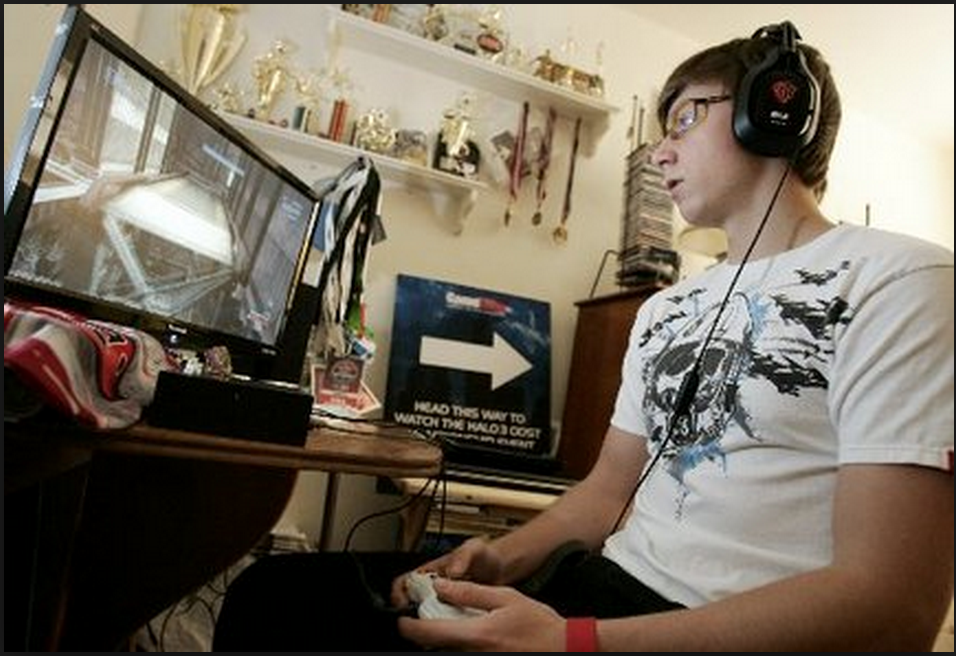 And this is the main difference between depression and sadness: depression is a long-term problem that spans several weeks, months, and even years, while sadness will be there for a few days to a few weeks.
And this is the main difference between depression and sadness: depression is a long-term problem that spans several weeks, months, and even years, while sadness will be there for a few days to a few weeks.
For a proper diagnosis, please seek the help of a medical professional. You can find a therapist near you in our directory.
Types of Depression
There are also different types of depression:
- Episodic – depressive episodes come and go, and the symptoms of this type of depression might be present for two weeks or longer at a time. These episodes may come at particular seasons or times of the year, or they might be tied to certain events in your life.
- Repeating – repeating depression is the type of depression that occurs constantly. This is perhaps the most common type of depression, and this type of depression can last several months or even years before it is diagnosed.
- Bipolar – bipolar depression is a part of bipolar disorder.
 This disorder is known for having episodes of extreme highs and episodes of extreme lows. When the episode of extreme lows kicks in, this is called bipolar depression.
This disorder is known for having episodes of extreme highs and episodes of extreme lows. When the episode of extreme lows kicks in, this is called bipolar depression. - Moderate – Severe – severe depression is linked to heavy symptoms of depression that might cause you to feel like you cannot live your life normally any longer. The most severe symptoms might include suicidal thoughts, extreme fatigue, disinterest in life, food, and other activities.
Do You Play Video Games and Are Depressed?
If you suffer from depression and use video games to treat the symptoms of depression, then the best way to address your issues is to talk to a therapist.
We have therapists that understand gaming addiction very well, and they know how to treat gaming disorder with comorbidities such as depression.
The key is to treat both comorbidities equally and not just treat depression or gaming disorder separately. Because doing that may only solve one problem while the other issues remain.
We also have a program called Respawn that will address your depression and gaming disorder directly. In our program, you’ll learn how to slowly shift from depression and gaming disorder to more healthy activities and establish a life worth living. You’ll rediscover your passion for new activities, become more productive, and get your life back on track.
We also have other resources that you can use, such as:
- Reclaim program for families of addicted gamers
- Gaming Disorder Training for professionals with INTENTA
- Parent Support Group on Facebook
- Community forum
How video games affect our mood and why gamers cannot be left alone
Video games and depression
According to WHO statistics, 280 million people worldwide suffer from depression. There is a problem, which means you need to look for reasons. Scientists have a version: video games.
Games are supported by research and projects aimed at supporting mental health. Game creators are not isolated from society, which is why video games today are balancing between entertainment and coverage of important issues.
Game creators are not isolated from society, which is why video games today are balancing between entertainment and coverage of important issues.
To raise awareness about depression, the educational game Elude was released, and game designer Zoe Quinn created a text-based Depression Quest where players take on the role of a person with depression.
On the other hand, this is only a small and independent part of the gaming industry, ruled by large studios and big-budget projects. Gamers would rather survive in Resident Evil Village than live in depression in Depression Quest. But the choice of commercial games, according to the researchers, is also not bad in terms of depression. According to the Lero Research Center, they can supplement or replace traditional therapy for those people who cannot afford it - for example, due to the high cost.
However, psychologists say that today there is no consensus on the connection between games and depression.
Adara Biza,
Psychologist and Gestalt Therapist:
“Based on scientific research on the effect of video games on depression, one can draw very polar conclusions.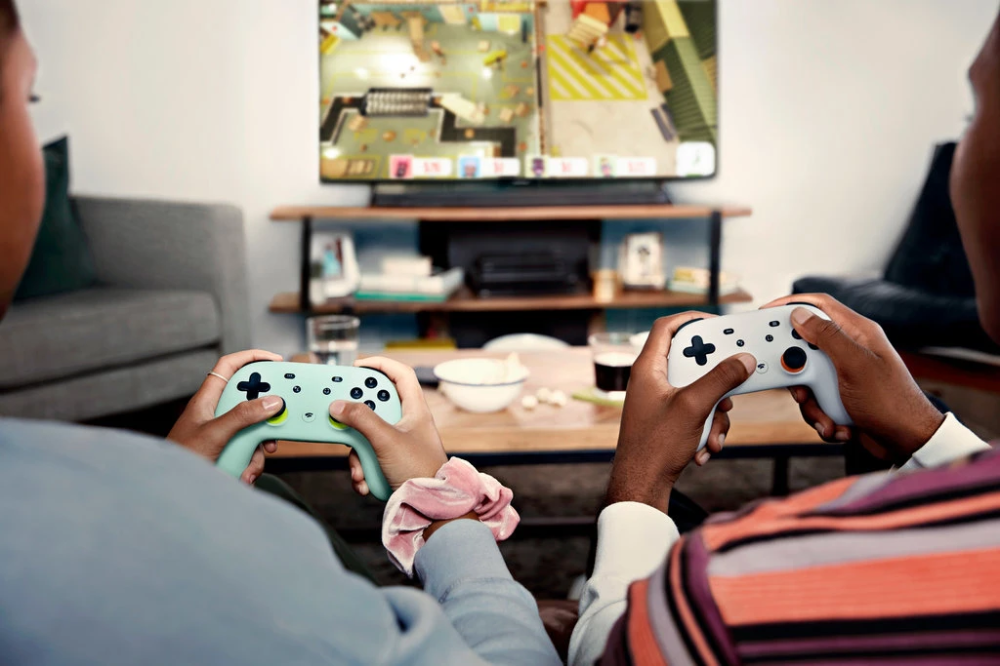 There is evidence that thanks to games, the level of concentration of attention increases, and a person in the process is distracted from a depressive state.
There is evidence that thanks to games, the level of concentration of attention increases, and a person in the process is distracted from a depressive state.
There is also research that adolescents who spend a lot of time in games are at high risk of experiencing depression.
In this case, due to gaming, other areas of life begin to suffer - academic performance and the development of social skills. In other words, the studies contradict each other and there is no exact answer at the moment.”
Video games and anxiety
Another popular belief about video games is their association with player anxiety. There is a certain meaning in this. Before the final mission, which determines the outcome of the game, many feel nervous, while others get nervous if they let down teammates in Dota 2. In this case, anxiety is projected onto the virtual world, and not into real life, but there is one caveat.
Adara Biza,
psychologist and gestalt therapist:
“Anxiety can appear if a person becomes addicted to games, when the virtual world becomes more important than the real one.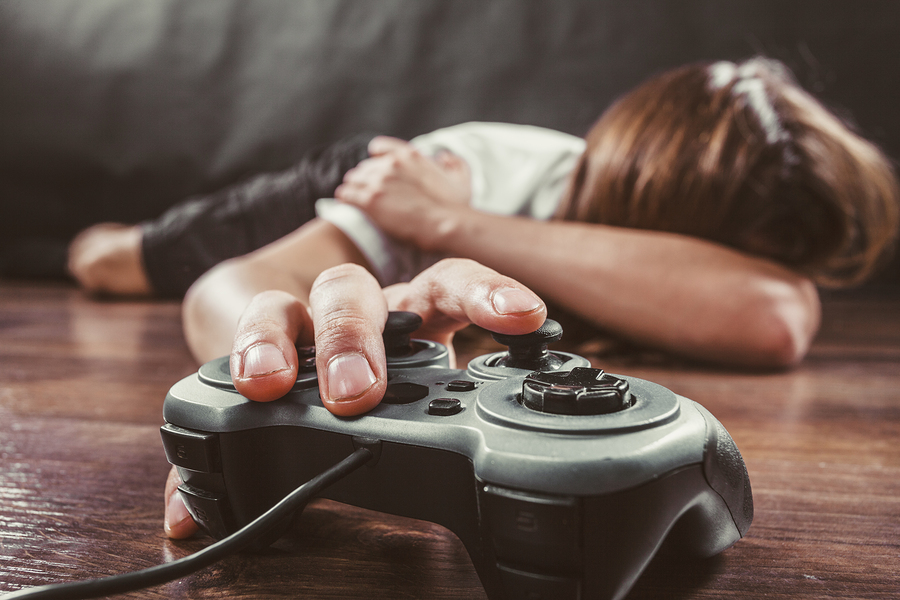 Any kind of addiction leads to anxiety - a person thinks if there is enough money, time, strength for addiction. Games by themselves do not lead to anxiety.
Any kind of addiction leads to anxiety - a person thinks if there is enough money, time, strength for addiction. Games by themselves do not lead to anxiety.
Studies have shown that thanks to them, a person compensates for what he cannot get in ordinary life: confidence, concentration, a certain status.
Video games and violence
After the mass shooting at the American Columbine School, concerned citizens blamed the video game Doom, a legend in the shooter genre, for what happened. Shooters Eric Harris and Dylan Klebold loved it and designed the levels for the game, so the connection was obvious to accusers.
Columbine began a long history of attacking video games as a cause of violence and aggression, especially among teenagers. With the next school shooting, the facts naturally emerge that the shooters played Hitman, Doom or Postal.
US Senator Joseph Lieberman proposed to ban the latter along with the music of Marilyn Manson and Calvin Klein underwear.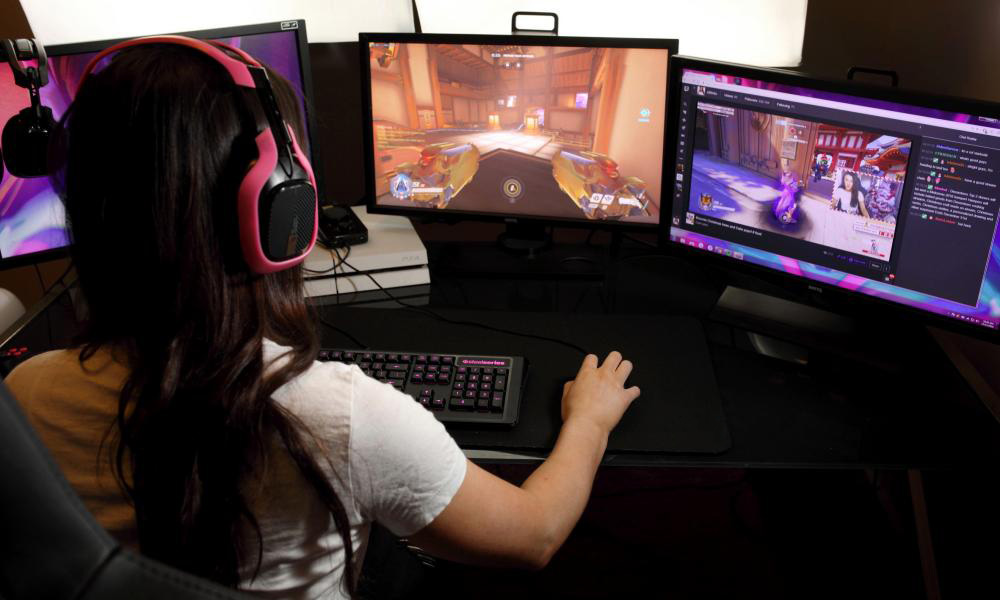 In his opinion, these are the three worst things that have ever existed in America.
In his opinion, these are the three worst things that have ever existed in America.
Adara Biza,
psychologist and gestalt therapist:
“A ten-year study was conducted on this topic, which showed that cruelty from the virtual world does not transfer to the real one. Often this way of displaying aggression is positive. There are interesting reflections that by choosing a certain hero of the game, the gamer lives his life. A virtual initiation takes place, which can further positively influence a person. For example, on his determination or courage, because aggression is not always about anger, but also about presenting oneself to the world.”
video games help treat anxiety and depression
June 18, 2021 17:46
pexels.com
Video games such as Team Fortress 2 and Mario Kart are an inexpensive and effective way to help alleviate a range of mental health problems.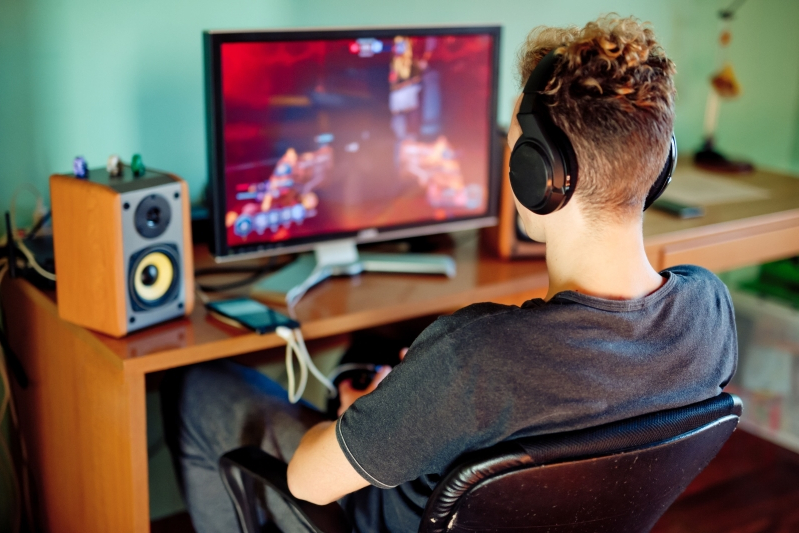 This conclusion was made by the specialists of the Research Center of the Science Foundation of Ireland Lero
This conclusion was made by the specialists of the Research Center of the Science Foundation of Ireland Lero
A new study has disproved the conventional wisdom that video games harm social activity, lead to withdrawal, aggression, anxiety and feelings of loneliness. Fears in this regard only intensified with the onset of the COVID-19 pandemic, when many people who found themselves in self-isolation were forced to reduce contact with the outside world.
According to the forecast of the World Health Organization (WHO), it is depression that will become the leader among diseases over the next ten years. Already today, more than 350 million people suffer from this disease on the planet.
Video games can help with mental illness. Moderate gaming is an inexpensive and effective way to "alleviate a range of mental health problems in the absence of, or in addition to, traditional therapies," Lero, a research center at the Science Foundation of Ireland, found.
The study highlights the benefits of commercial video games (as opposed to those specifically designed to treat depression and neuroses).